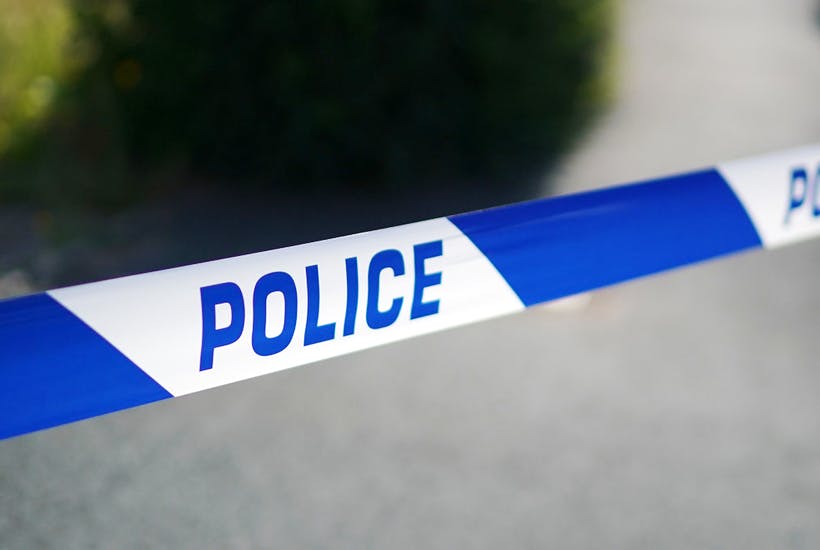Now that the Government has asked the Law Commission to investigate whether new groups should be added to those already covered by hate-crime laws, the UK’s culture of grievance and victimhood has finally reached peak absurdity. Ethnicity, disability, sexual orientation, religion, and transgender people already have protected status, but now it is possible that age and gender will also be added. Crimes against women may be considered to be motivated by misogyny, those against men could be driven by misandry, and offences against people over 60 the result of ageism.
Persuading parliament to classify your minority group as the victim of an oppressor group is only useful so long as your minority gains advantages. It has been possible to ensure quotas for public-sector jobs and experience the schadenfreude of seeing someone who disagrees with you hauled up before the courts and punished for a hate crime. But if everyone is a victim, what’s the point?
Back in 2006 I wrote a book called We’re (Nearly) All Victims Now. The title was ironic but if the Government gets its way, the second edition will no longer need the word ‘nearly’. Competing victimhood will have brought us back to where we were before, but with this difference: we previously enjoyed equal protection for everyone under the law; now it’s going to be equal victim status under the law.
Laws that treated the murder of a black person as more serious than the killing of a white person have always been indefensible. And classifying murders according to the motive of the killer has led to some perverse outcomes. For instance, the murder of a black woman because she is black would result in a harsher sentence, but the murder of a black woman in a drive-by shooting would not. It is hard to think of a lower motive than killing anyone who happens to be in the street at a given moment.
Identity culture is oppositional. There is a victim group and an oppressor group (men versus women; white versus black; straight versus gay; cis versus trans gendered) but if everyone is a victim, there will be no one left to be the oppressor. For that reason the Law Commission may well leave out some of the groups campaigning for victim status. The obvious candidate is old white men. If they are included, it will no long be possible to denounce ideas as ‘pale, male and stale’. Pressure groups will have to think of valid reasons for their opinions, and that involves a lot of hard work. If misogyny becomes a hate crime, will the tables be turned on transgender activists who currently enjoy protected status? Truscum (pronounced ‘true scum’) is a common internet description for people who disagree with the arguments of some transgender activists. Will its use against traditional feminists become a hate crime?
Why do some of our political leaders think they gain from promoting identity politics and the inevitable manufacturing and exaggeration of grievances that goes with it? They respond to pressure groups because they think they represent vote blocs. But if the Tories make misandry a hate crime how certain can they be of getting the ‘man’ vote? They introduced gay marriage to get the ‘gay’ vote. Did it work?
Perhaps the Conservatives should reflect on what they mean by ‘one nation’ – still a term often used by many Tories to encapsulate their view. And perhaps they should emphasise what we share with other people who live in this land and make occasional mention of the common good. Even if they have lost the capacity to be guided by principles, and prefer only to count potential votes, is there not a clear majority in favour of equality under the law? There might even be a majority in favour of abolishing all hate crime laws and the poisoned political atmosphere they promote.
David G. Green is Director of Civitas






Comments